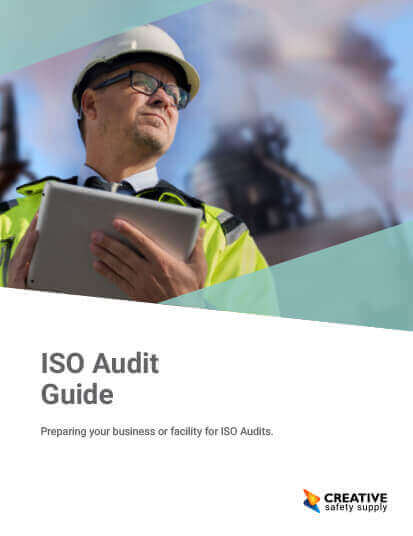
In the food industry, ensuring the safety and quality of products is paramount. To this end, the International Organization for Standardization (ISO) has developed a series of standards specifically tailored to address food safety. In this article, we will explore the key ISO standards for food safety, each playing a crucial role in maintaining the integrity of the global food supply chain.
ISO 22000:2018 - Food Safety Management Systems
ISO 22000 is a comprehensive standard that sets out the requirements for a food safety management system (FSMS). It encompasses all organizations in the food chain, from producers and processors to distributors and retailers. ISO 22000 provides a framework for systematically managing food safety hazards, ensuring the safety of food products throughout the entire supply chain.
Consider a food processing company that adheres to ISO 22000. They implement rigorous processes to identify, assess, and control potential food safety hazards. This includes measures such as sanitation protocols, quality control checks, and traceability systems. By adhering to ISO 22000, the company can confidently assure customers and stakeholders that their products meet the highest food safety standards.
ISO 22005:2007 - Traceability in the Feed and Food Chain
Traceability is a critical component of food safety, allowing for the rapid identification and recall of potentially unsafe products. ISO 22005 provides guidelines for implementing a traceability system in the food and feed industries. It outlines the requirements for documenting and tracking products at various stages of production, processing, and distribution.
Imagine a dairy farm that follows ISO 22005. They use advanced tracking technologies to monitor the entire lifecycle of their dairy products, from cow to consumer. This includes recording information on animal health, feed sources, and processing methods. In the event of a food safety concern, the farm can swiftly trace and remove any affected products from the market.
ISO/TS 22002-1:2009 - Prerequisite Programs on Food Safety
Prerequisite programs are essential foundations for effective food safety management. ISO/TS 22002-1 provides detailed requirements for establishing these programs in food manufacturing. It covers areas such as hygiene, pest control, cleaning practices, and facility design to create a safe environment for food production.
Consider a bakery that adheres to ISO/TS 22002-1. They implement strict hygiene practices, ensuring that all surfaces, equipment, and utensils are regularly sanitized. Additionally, they have robust pest control measures in place and conduct routine inspections to prevent contamination. These prerequisite programs are crucial in maintaining the highest standards of food safety.
ISO standards for food safety are integral to ensuring the quality and safety of food products worldwide. From comprehensive management systems to traceability protocols and prerequisite programs, these standards provide a framework for organizations to navigate the complexities of the food industry. By adhering to these standards, businesses not only safeguard the well-being of consumers but also foster trust and confidence in the global food supply chain.
Similar Questions
- Why Are ISO Standards Important for Businesses?
- What Role does ISO play in Global Trade and Market Access?
- How does ISO certification impact product quality?
- How does ISO 9001 relate to quality management systems?
- What are some real-world examples of ISO standard implementation?
- What Are Some of the Key Differences Between ISO 9001 and ISO 14001?
- How can ISO 45001 improve workplace safety and health?
- What Should I Expect in the ISO Certification Process?
- How does ISO 50001 drive energy efficiency and sustainability?

